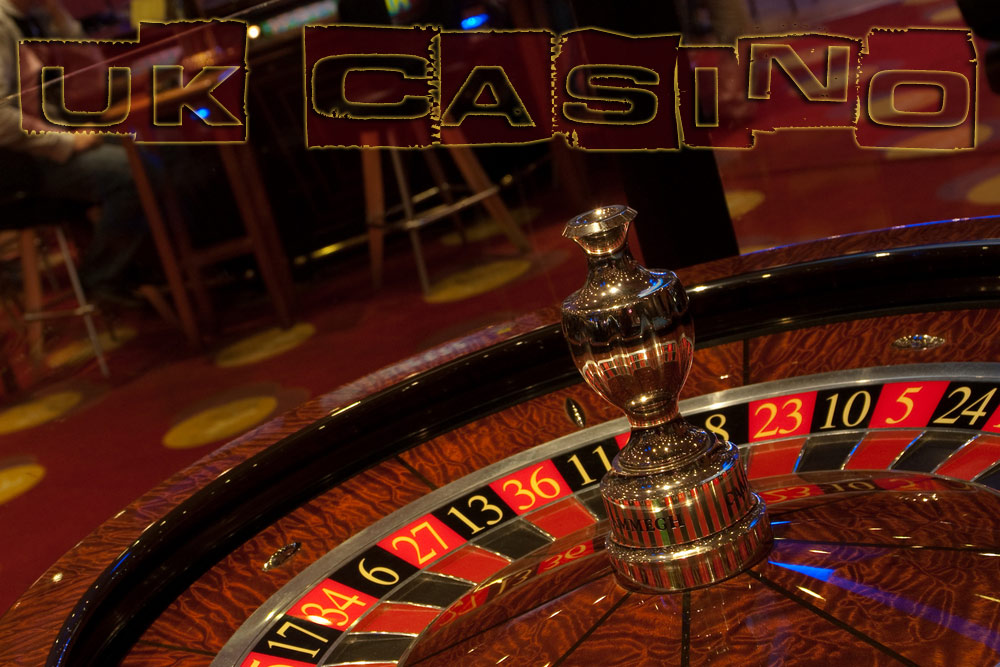
Casino experiences have long captured the fascination of humans around the world, becoming an important part of both entertainment and society. From the shimmering lights of Las Vegas to the immersive experience of internet gambling, these experiences evoke excitement, danger, and sometimes even a sense of nostalgia. They are more than simply pastimes; they have woven themselves into the texture of human experience, influencing everything from movies and melodies to clothing and literature.
The allure of casino games surpasses the betting aspect, tapping into wider themes of fortune, chance, and social interaction. As players convene around a poker table or turn the roulette wheel, they engage in an age-old ritual that resonates with our collective desire for excitement and unpredictability. This fascination has led to the rise of many references in films, tracks, and electronic games, showcasing how intensely entrenched these pastimes are in popular culture. Whether it is the pressure of a legendary heist movie or the vibrant nightlife portrayed in music videos, casino games have created a substantial niche that reflects our connection with risk.
Historical Significance of Gambling Activities
Casino games have played a key role in cultural contexts throughout the ages. Stemming from old civilizations, games of chance were often connected to rituals or events. For instance, early forms of these activities can be linked back to historic Chinese and the Roman Empire, where die games and wagering on outcomes were common pastimes. These activities not only functioned as entertainment but also as means of social interaction, facilitating relationships among individuals within societies.
As societies evolved, so did the sophistication and structure of gambling games. The creation of formal casinos in the 17th century, particularly in Italy, marked a major shift in how games were perceived and structured. With designated spaces for gaming, the casino became a social hub where people from various backgrounds convened. This change contributed to the legitimization of gambling, transforming it from a mere pastime into an organized industry that shaped the economy and policy.
The effect of casino games on popular culture cannot be understated. As they were popularized in literature and film, games such as Texas Hold’em and blackjack became symbols of chance, luck, and strategy. Famous figures and stories have emerged around these games, reflecting societal attitudes towards luck, prosperity, and vice. This fascination with casino games has permeated various forms of media, solidifying their status in the public imagination and linking them to wider cultural stories throughout history.
Depiction of Gambling Games in Entertainment
Gambling games have long been a popular theme in different types of entertainment, reflecting both the fascination and intricacies of gambling culture. Films such as Ocean’s 11 and Casino Royal portray characters who navigate high-stakes environments, showcasing not only the allure of the casino atmosphere but also the methods and choices that come with playing popular games like poker and blackjack. These films often dramatize the thrill of winning and the potential consequences of losing, encapsulating the dangers involved in betting.
TV programs have also explored the universe of casino games, often integrating them into the narrative as a setting for character development and drama. Shows like Las Vegas depict the lives of gambling employees and casino-goers, highlighting the lively, often chaotic energy of the gaming floor. Docuseries featuring high-stakes gambling competitions further emphasize the fascination of gambling activities, drawing viewers into the drama and planning involved in each game. Through these representations, media not only entertains but also prompts conversations about luck, skill, and the nature of randomness.
Gaming have increasingly incorporated gambling activities into their design, allowing players to simulate the experience of betting without financial risk. Games within the domain of digital gaming often include online slot machines, poker, and other popular casino games, creating an engaging environment that mirrors actual casino experiences. 88VV These digital representations make casino games accessible to a global audience, appealing to both risk-takers and those who enjoy the rush of virtual experiences. As a consequence, the portrayal of casino games in media continues to shape cultural attitudes and cultural relevance, highlighting their place in society and the cultural landscape.
Effect of Casino Games on Society
Gambling activities have a significant effect on society, affecting multiple facets of societal norms and social behavior. They often function as a venue for social interaction, where people gather to experience a common activity. Game nights with friends or visits to casinos become social activities that foster connections and create memories. This collective aspect enhances the entertainment value of gambling activities, making them a favored choice for festivities and leisure activities.
Moreover, gambling activities have been depicted in numerous movies, TV series, and written works, influencing perceptions and opinions towards gaming and gaming. Icons like James Bond playing baccarat or the intense poker scenes in films have embedded these games in the collective imagination. This depiction often idealizes the lifestyle associated with gambling, attracting new players and impacting trends in both fashion and conduct. These representations can spark curiosity and lead to a more profound exploration of the intricacies of gaming.
However, there are also negative implications linked to the popularity of gambling activities. The temptation of quick monetary gain can lead to problem gambling and financial troubles for some individuals. Society must grapple with these issues, advocating for responsible gaming and education of the risks involved. Finding a balance between the fun aspect of casino games with the risks is vital to ensure that they remain a beneficial aspect of our cultural landscape.
